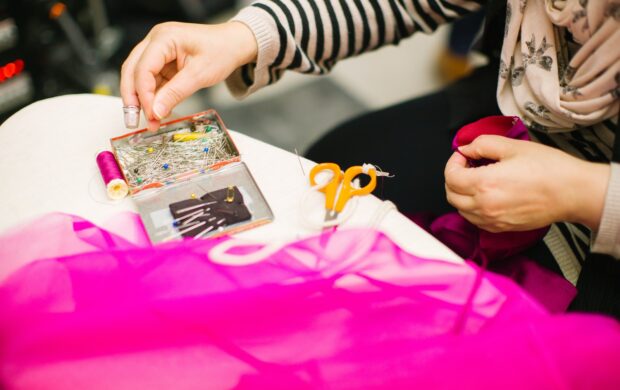“A proposed new law takes aim at wasteful consumerism.
How often have you taken a gadget or a pair of shoes in for repair and found out that fixing it will cost more than buying a new version? Too often, that’s how often. And Sweden is trying to fix this, by halving the tax paid on repairs and increasing taxes on unrepairable items.
The new proposals come from the ruling coalition of the Social Democrat and Green parties, and, if successfully enacted, would be accompanied by a publicity campaign to encourage Swedes to repair products instead of replacing them.
“If we want to solve the problems of sustainability and the environment we have to work on consumption,” Sweden’s finance and consumption minister Per Bolund told The Local. “One area we are really looking at is so-called ‘nudging.’ That means, through various methods, making it easier for people to do the right thing.” Nudging might involve clearer signage to reach the recycling station, for example.”









